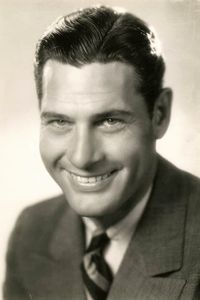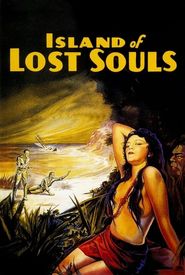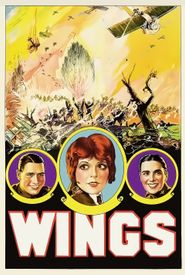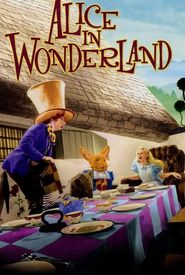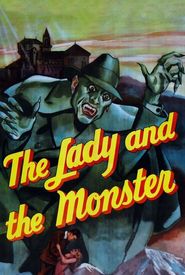Richard Arlen, a Canadian-born actor, began his journey in the film industry during World War I, serving in the Royal Canadian Flying Corps as a pilot, although he never saw combat. After the war, he drifted from place to place, eventually ending up in Los Angeles, where he landed a job as a motorcycle messenger at a film laboratory. Fate intervened when he crashed into the gates of Paramount Pictures, resulting in a broken leg and subsequent medical attention. Impressed by his good looks, studio executives offered him a contract, and he began his acting career as an extra in 1925.
Arlen's early work was met with mixed reviews, but he persisted, and his big break came when William A. Wellman cast him as a pilot in the silent film Wings (1927),alongside Charles 'Buddy' Rogers and Clara Bow. This iconic film would go on to win the Academy Award for Best Picture, and Arlen would become synonymous with the tough, cynical hero archetype throughout his career. He continued to work with Wellman on several other projects, including Beggars of Life (1928),Ladies of the Mob (1928),and The Man I Love (1929).
Arlen's scene-stealing performance in Wings (1927) caught the attention of a young Gary Cooper, with whom he would later work again in The Virginian (1929). As the industry transitioned to sound, Arlen's career experienced a slight decline, and by 1935, he was relegated to "B" pictures, such as Three Live Ghosts (1936). He eventually became a freelance actor, but his freelance career soon fizzled out.
In 1939, Arlen signed with Universal, where he began working on action films. In 1941, he joined the Pine-Thomas unit at Paramount, appearing in adventure films. As World War II raged on, many of his films featured war scenarios. By the end of the 1940s, Arlen's hearing began to decline, seemingly signaling the end of his career.
However, in 1949, he underwent an operation that restored his hearing, and he continued to make a handful of adventure and western films throughout the 1950s and 1960s. He went on to make 15 westerns for producer A.C. Lyles, who worked with the old western stars.
Arlen also ventured into television and commercials, and after leaving the industry in the late 1960s, he was coaxed back onto the screen for three small roles in films released the same year he passed away.
